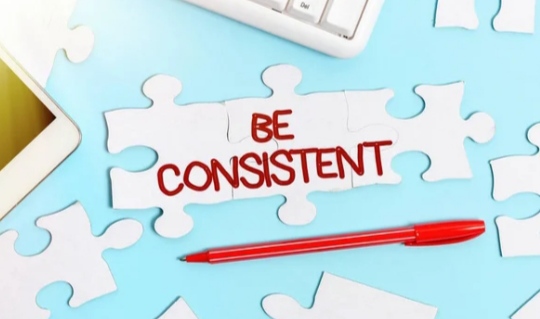
Procrastination is a common habit that many people struggle with. We often put off important tasks or decisions for later. We put these tasks off believing that we will have more time or motivation to do them in the future. However, what we fail to realize is that sometimes, later never comes. The phrase “do it now because sometimes later never comes” holds a deep truth that we should all heed.
We cannot predict the future or guarantee that we will have the same opportunities or resources tomorrow that we’ve today. By procrastinating and delaying important actions, we risk missing out on valuable opportunities. We also risk facing regret for not taking action when we had the chance.
One of the main reasons why we procrastinate is due to fear of failure or uncertainty about the outcome of a task. We convince ourselves that we will perform better later on, when we’ve more time or when conditions are more favorable. However, this mindset often leads to missed deadlines, wasted opportunities, and added stress.
There are countless stories of people who put off pursuing their dreams or making important decisions, only to later regret not taking action sooner. Whether it’s starting a new business, pursuing a passion, repairing a relationship, or making a significant life change, waiting for the perfect moment or feeling can often result in missed opportunities and unfulfilled desires.
By embracing the philosophy of “do it now,” we can take charge of our lives. We can take charge and make the most of the present moment. Instead of waiting for the perfect conditions or feeling, we can seize the opportunity to take action and move forward towards our goals and aspirations. Taking small steps each day towards our objectives can lead to significant progress and growth over time.
It’s essential to remember that time is a precious commodity that we cannot afford to waste. Every moment that we spend procrastinating is a moment that we could have used to make a positive change. By recognizing the importance of taking action now, we can make the most of our time and create a life filled with purpose and satisfaction.
Therefore, “do it now because sometimes later never comes” serves as a powerful reminder for us to seize the present moment and take action towards our goals and aspirations. By overcoming procrastination and making the most of each day, we can create a fulfilling and meaningful life. A life that is full of purpose and joy. So, don’t wait for tomorrow – take action now and make the most of the opportunities that are within your reach.









